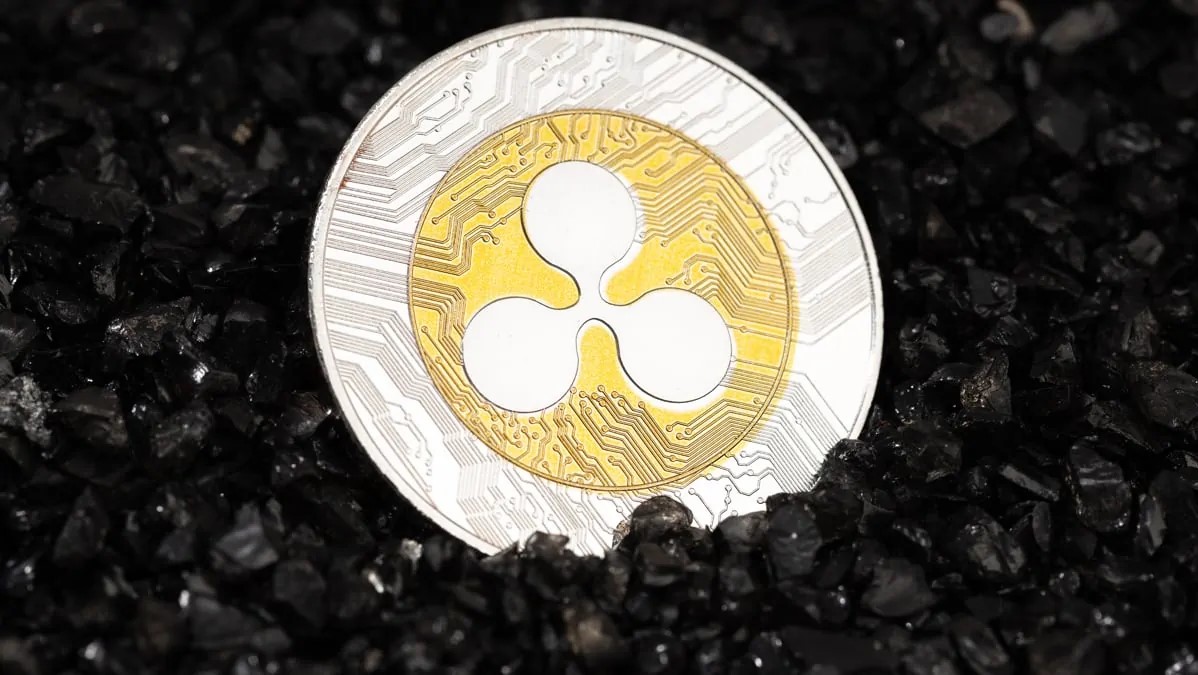ARTICLE AD
The initiative aims to utilize excess electricity that would otherwise go unused due to grid input limitations or storage constraints.

Key Takeaways
Deutsche Telekom's subsidiary and Bankhaus Metzler are launching a Bitcoin mining project in Germany using surplus renewable energy. The project tests Bitcoin miners' ability to stabilize the energy grid and supports the growing trend of using blockchain technology in non-financial sectors. <?xml encoding="UTF-8"?>MMS, a subsidiary of Deutsche Telekom, Europe’s largest telecommunications provider, and Bankhaus Metzler, are teaming up to test the feasibility of using Bitcoin mining to stabilize the energy grid in Germany, according to a Monday press release.
The pilot project aims to address increasing production of renewable energy, which causes fluctuations in the grid due to weather patterns. It will test if Bitcoin mining can utilize this surplus energy to stabilize the grid. Bitcoin mining’s flexible load can adjust to energy fluctuations, acting as a buffer.
The mining operation will be hosted by Metis Solutions GmbH at Riva GmbH Engineering’s facility in Backnang, which has its own photovoltaic system. Telekom MMS will manage the mining devices, while Bankhaus Metzler will focus on test runs and data analysis, as noted in the press release.
“With the growing number of renewable energy sources and the resulting fluctuations in available energy, the need for quickly available regulating power increases,” said Oliver Nyderle, Head of Digital Trust & Web3 Infrastructure at Deutsche Telekom MMS. “Together with Bankhaus Metzler and RIVA Engineering GmbH, we are taking a step in this direction to test the regulatory effect of Bitcoin miners in the energy grid.”
The project follows similar successful implementations in the US and Finland, where Bitcoin miners help balance grid supply and demand. The flexible load characteristics of mining operations could potentially aid in stabilizing energy grids during periods of fluctuation, particularly beneficial for wind and solar power producers.
Hendrik König, Head of Digital Assets Office at Bankhaus Metzler, stated:
“Our goal is to gain experience in various application areas to further advance the innovative power of blockchain technology in Germany. Blockchain technology is gaining increasing importance in operational business outside the financial industry – and a trusted financial partner is indispensable for managing crypto assets.”
Telekom MMS has been providing infrastructure for decentralized protocols since 2020, supporting networks including Chainlink, Fetch.AI and Polygon. The company expanded its portfolio in 2023 by operating a Bitcoin node, marking its first venture into proof-of-work networks.
Disclaimer
 2 weeks ago
10
2 weeks ago
10 

